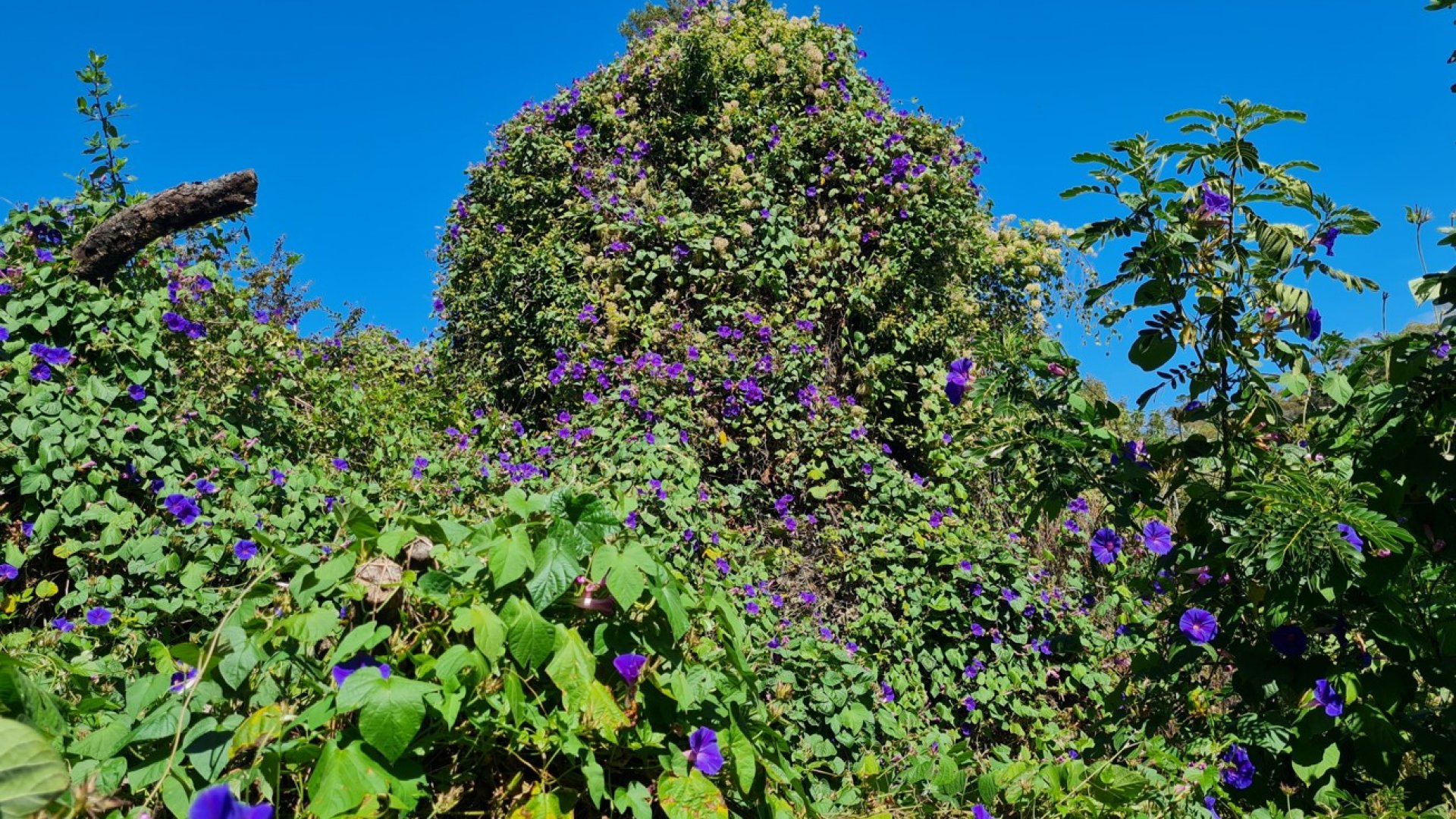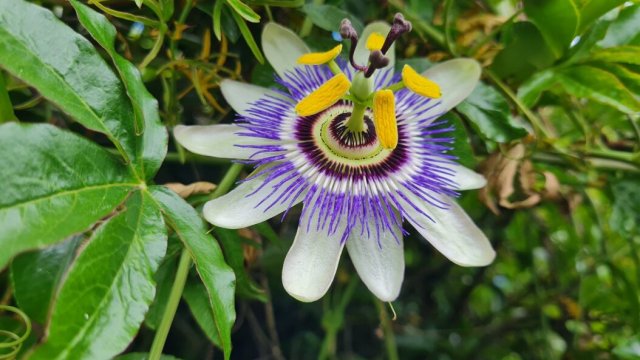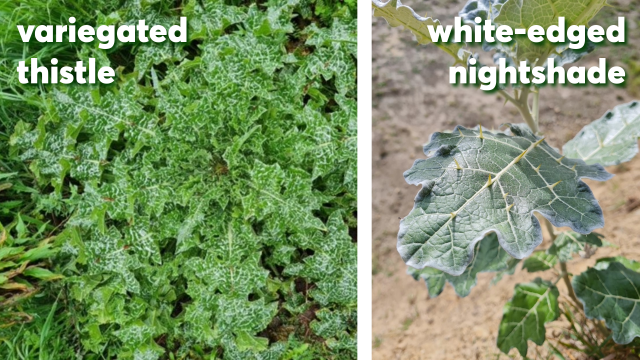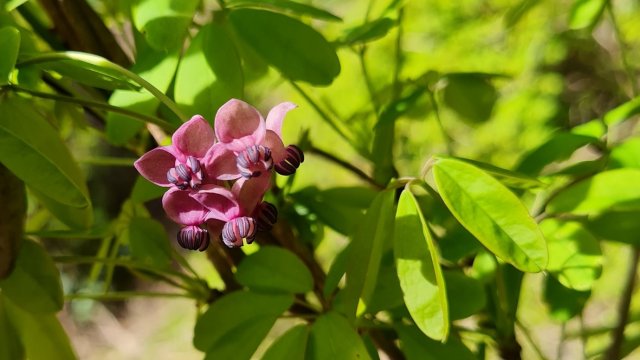Pest Patrol: What’s the story, [blue] morning glory?
28/03/2023 4:46pm
Pest Patrol generally focusses on pests with a high biosecurity priority in our region – often they are uncommon pests, where strict rules apply to both removal and reporting.
There are, of course, many other weed species in the region and while they may not face the same biosecurity rules, they still have significant impacts.
Council contractors control many weed species across a large amount of public land in the city, but the forgotten corners of private sections are just as important, as weeds will take any opportunity to establish and spread. Unfortunately, as most of these species are here to stay we all have a part to play in keeping them in check.
Vine weeds in particular can easily cause problems due to their fast growth rate and smothering habits. Many of these will be familiar to you, such as old man’s beard, banana passionfruit, jasmine and Japanese honeysuckle.
There is a great series of pamphlets available on Council’s website on identifying and controlling a range of pest species. Controlling pest vine invaders is worth a look.
One prolific vine pest, blue morning glory (Ipomoea indica) is present in many parts of Whakatū Nelson and easily spreads into surrounding properties via fast growing runners, either along the ground or from treetop to treetop.
Large blue-purple flowers appearing along fence lines and in the tops of trees are usually the first sign of this nasty weed. A few months later those same trees will be cloaked in a smothering layer of vine leaves and without intervention will eventually decline and die due to lack of light.

Hand weeding is quite effective for this plant as long as you can pull up the vines where they are rooting in the ground. Blue morning glory almost always spreads from live shoots rather than seed, so make sure you don't leave the freshly pulled vines in contact with the ground as they can re-sprout to form new plants. It also means that working with neighbors to control patches that occur across property boundaries is highly effective as once it’s gone, reinvasion by seed is unlikely.
Blue morning glory plant doesn’t need to be reported to Council, but it is banned from sale and propagation nationally, and care must be taken not to inadvertently spread it by dumping garden waste. Staying vigilant, keeping your patch clear and sharing information with others in your community are all really helpful ways to help keep this garden invader under control. Weedbusters has some great tips for control weedbusters.org.nz/what-are-weeds/weed-list/blue-morning-glory




